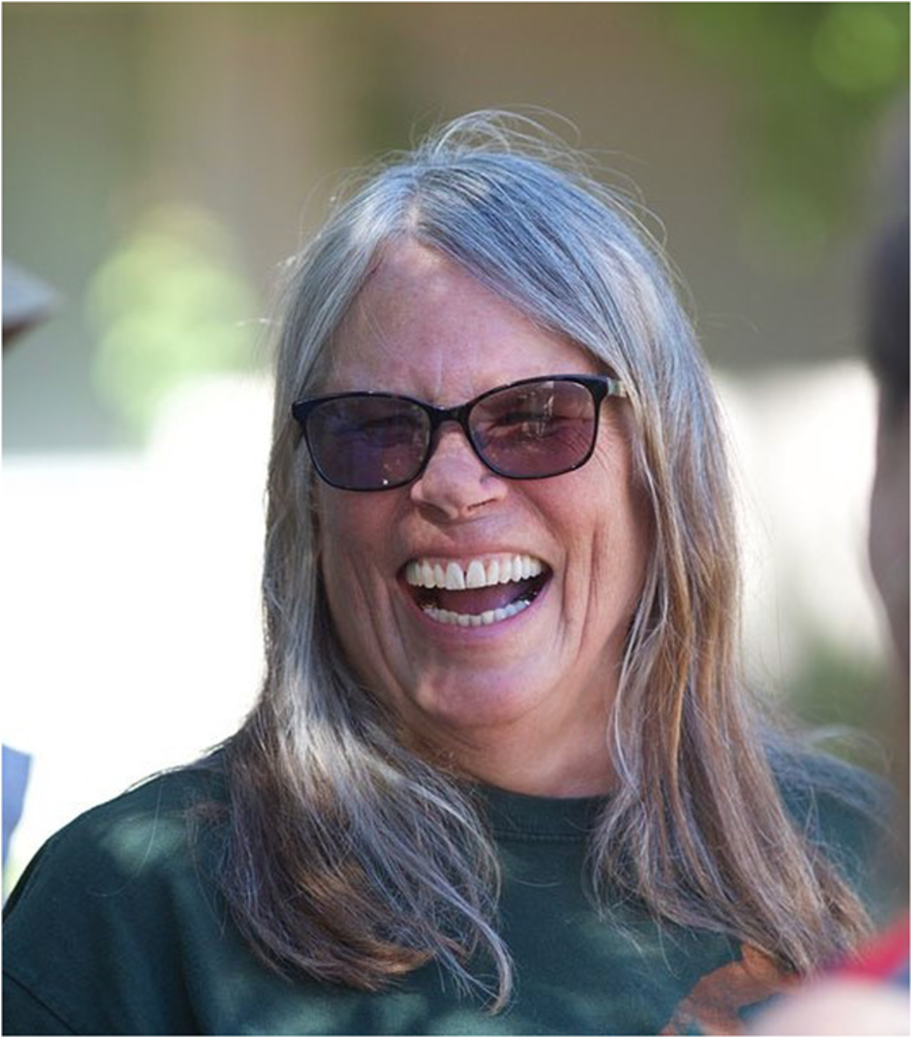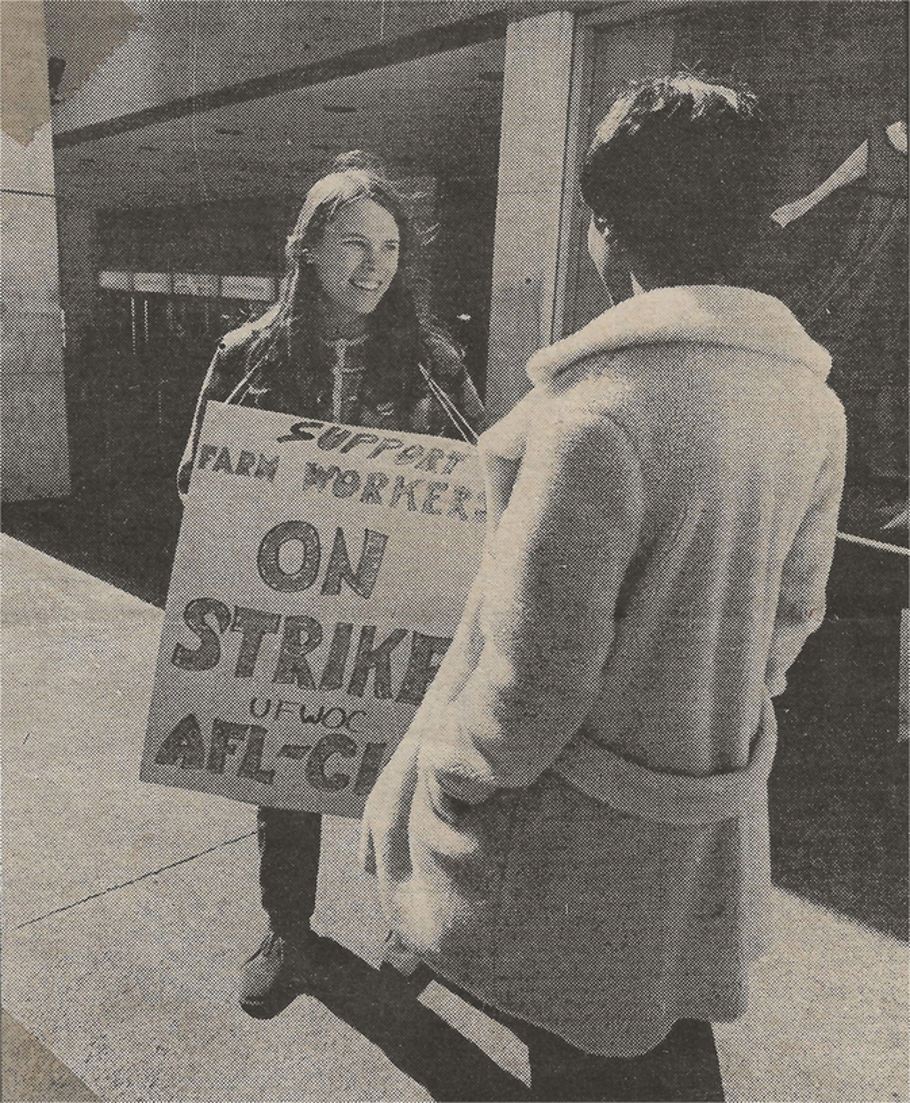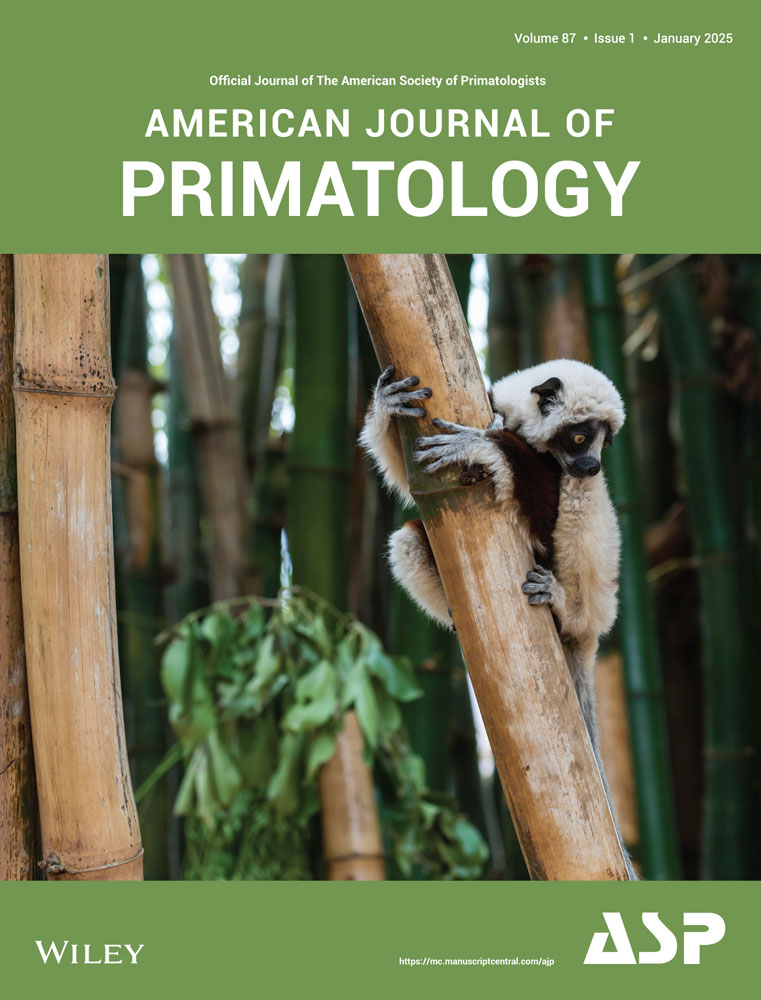Obituary: Sally P. Mendoza
Summary
-
This is an obituary for Dr. Sally P. Mendoza.

Sally P. Mendoza, the internationally recognized expert on the neuroendocrinology of primate social relationships, died at her home on February 25, 2024, of complications arising from metastatic bone cancer. Sally was born in Santa Fe, New Mexico, in 1951 and spent most of her youth in Puyallup, Washington. She graduated from The Evergreen State College in Olympia, Washington, in 1974 with a B.A. in Psychology. She then entered graduate school at Stanford University in the Department of Psychiatry and Biobehavioral Sciences, where she received her PhD in 1978. After short stints as a Research Associate in both her graduate department as well as the Department of Sociology at Stanford, she spent a year teaching at Evergreen. In 1981, she returned to California to accept a postdoctoral fellowship in the laboratory of William Mason at the California National Primate Research Center (CNPRC) at the University of California, Davis. In 1984 she became an Assistant Research Psychologist at the CNPRC, and she joined the tenure track faculty in Psychology at Davis in 1986. She remained at the CNPRC and the Psychology Department for the rest of her career.
Sally mentored and advised dozens of undergraduate and graduate students who went on to successful careers. A number of her former students took faculty positions in universities, including Yale and Bucknell. As a scientist, Sally was clever and prolific, with more than 150 publications (many of which were first-authored by her students) and two co-edited books. She served on numerous grant review panels at the National Institutes of Health, as well as in other significant service and leadership positions, including on the Board of Scientific Counselors for the National Institute of Child Health and Human Development, area head for the Behavioral and Neurobiology Unit of the CNPRC, and Chair of Davis's Department of Psychology. Sally sat on the editorial boards of several journals, including the American Journal of Primatology and the Journal of Comparative Psychology. She was also very active in the American Society of Primatologists and the International Primatological Society throughout her career, serving on many committees in both organizations.
Sally's research interests centered on the intricate intertwining of social and physiological processes, with a special focus on the hypothalamic-pituitary-adrenal (HPA) axis. At Stanford, her graduate studies with mother and infant squirrel monkeys were instrumental in establishing the profound and specific impact of an attachment figure on moderating HPA activity. Later, at Davis, her ideas continued to develop, now in the direction of social relationships organizing biological systems. These influences were evident even in nonattachment contexts, such as among adult male rhesus monkeys, where the nature of HPA regulation was found to depend on whether males were in stable or unstable social conditions. Sally also fully appreciated the reciprocal relation of physiological and behavioral organization, examining how the vast differences in physiological responsiveness of monogamous titi monkeys and polygynous squirrel monkeys contributed to their distinctive social organizations.
The centrality of social relationships for Sally was not limited to her academic life but extended to members of her own family, friends, and students. Her house was always a hub of social activity for students and colleagues, whether it was a celebration for a student earning a degree, a wedding, a bachelorette party, or to some extent, any excuse she could find for a party. These events were always punctuated by her unforgettable laugh: infectious and LOUD! And often, the subject of the laugh was Sally herself. If Sally considered someone a friend, that person became “family.” Sally was loyal to her “family,” who in turn were loyal to her. This was very evident as her health declined—she received frequent calls from members of her extended family, including visits from many people who lived thousands of miles away.

Sally was very direct in her dealings with people—you always knew where you stood with her. And she was tough. From the beginning, she fought for what she believed in. In the early 1970s, while still an undergraduate, she and her then-husband picketed and organized with the legendary Cesar Chavez for the United Farmworkers in Dallas, Texas, not a particularly easy or friendly time/place (see photo at left, circa 1971). Sally was fond of telling stories of her work with Chavez, and how she learned a lot from him about understanding and motivating people, skills that would eventually make her the effective leader that she was. Later, in her professional career, Sally's fights were for her ideas, her colleagues, and her desire to make the institutions that she was part of (e.g., her department) work more effectively for everyone. Her toughness was also evident as her health declined. She had been diagnosed with multiple sclerosis in 2000, and then with breast cancer that metastasized into her bones in 2018. She dealt with her decline with stoicism and good humor. Characteristically, she exerted control over the treatments for both of these conditions, researching options and directing her doctors when necessary.
Although Sally was dedicated to her work, she certainly was not one-dimensional. In addition to her professional activities, she was a voracious reader of history, English literature, contemporary politics, and various fiction genres. Working alongside her brother, a construction contractor by trade, she built her own house and two other rental properties. She was the owner of a local restaurant. She was also a big sports fan, occasionally winning her Fantasy Basketball and Football leagues and frequently attending Sacramento Kings' games. And she was a sucker for dogs, especially beagles. Sally was one of a kind. We fondly recall many evenings sitting around the dinner table over bottles of wine, just shooting the breeze—for hours. The interactions were unforced, the laughter frequent, and the hours just slipped by. Her death has created quite a hole for us and for many other members of her “family.” Sally, may you have fair winds and following seas, from two members of your “family.”
Acknowledgments
We thank Ivan and Jinny Rhodes and Richard Matchette for providing important details, and Nancy Capitanio for assistance with editing the photographs.
Open Research
Data Availability Statement
The authors have nothing to report.




